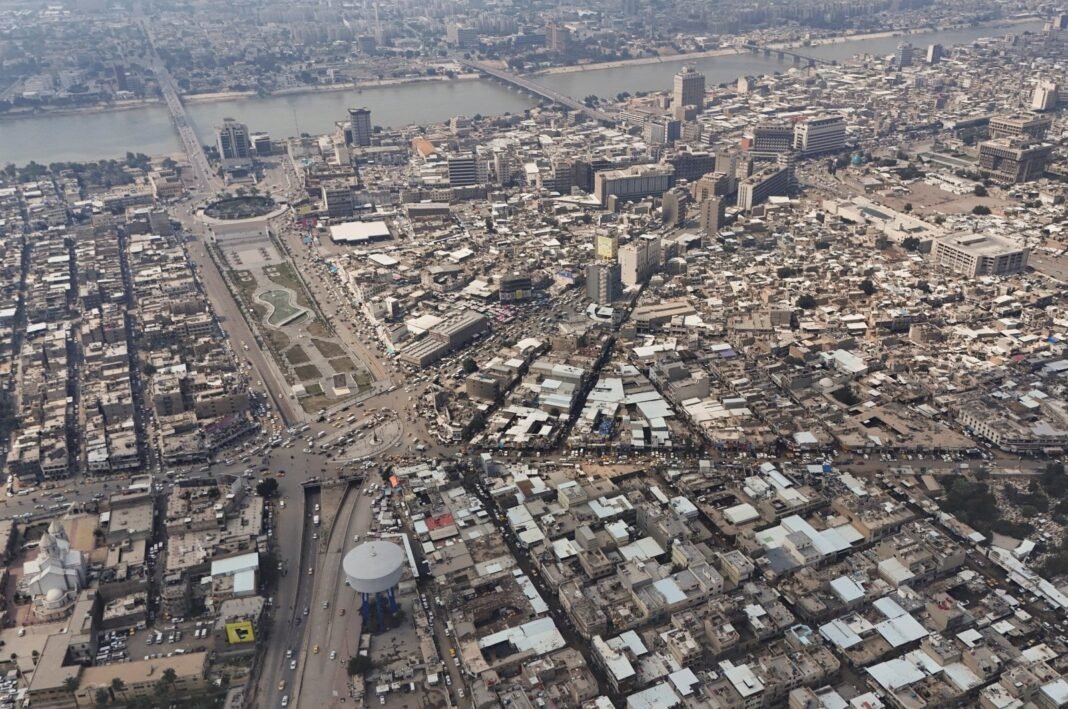Iraq investment spending now plays a major role in the country’s economic rise. Government officials report significant gains from current capital projects.
Advisor Mazhar Saleh stated that investment spending surpassed 88 trillion Iraqi dinars. This amount equals $67.2 billion. As a result, Iraq’s GDP jumped by 35 percent yearly.
Saleh emphasized that this growth touches several industries. Many sectors now enjoy fresh capital, better equipment, and expanded operations.
Interestingly, the private sector drives a large part of this spending. It contributes 40 percent to total investments. Both individual entrepreneurs and joint ventures with the state help fuel this activity.
Meanwhile, another top official, Mohamed Al-Daraji, confirmed Iraq’s GDP exceeded $260 billion. He explained that both local and foreign investments reached $60 billion.
In addition, Iraq’s external debt decreased sharply. The total dropped from $20.9 billion to just $9.8 billion. Officials link this decline to strong fiscal management and rising revenues.
Because of this financial improvement, Iraq can now seek new loans under safer terms. Al-Daraji also urged local investors to spread their assets. He noted most investments currently focus on housing and real estate.
Soon after, Finance Minister Taif Sami shared more details. She recently met with IMF leaders in Amman. That meeting revealed more good news about Iraq’s economy.
According to Sami, non-oil GDP grew by five percent. Agriculture and public projects led this surge. She believes that in 2025, the economy may grow by another four percent.
However, global oil prices and OPEC decisions may affect Iraq’s oil GDP. Fluctuating prices continue to shape the country’s income.
Although Iraq had a budget deficit, the gap remained small. The total reached five trillion dinars, or about $3.82 billion. This equals only 1.5 percent of Iraq’s total GDP.
Sami said the IMF considers this level safe. The deficit should not harm Iraq’s public debt balance.
Overall, Iraq investment spending continues to support growth. Officials plan to maintain high capital flows and focus on more sectors.
With reduced debt, a growing economy, and better investor activity, Iraq enters a more stable financial era.


